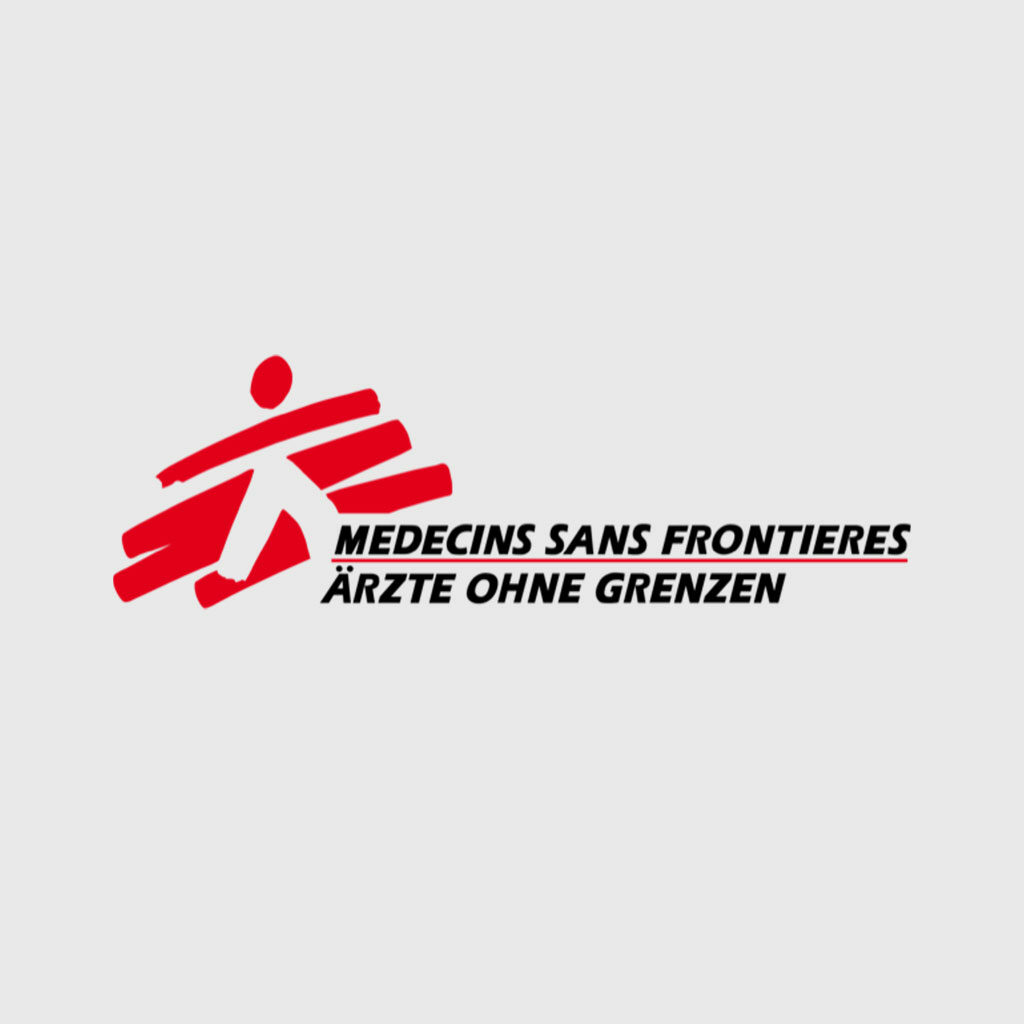Impact Projects
Arvantis Social Foundation
Impact Projects
Our Work
The Arvantis Social Foundation started in 2020 with the financial support of organizations working in the fields of education and humanitarian aid.
To increase the impact of our work, Arvantis Social Foundation gGmbH focuses on expanding and developing own, impact-oriented projects and long-term project partnerships that go far beyond financial support.
We create synergies: We leverage the existing experience and knowledge of the Arvantis Group companies and their portfolio companies in the areas of technology, renewables and real estate for our own charitable projects and partnerships.
For us, education is the foundation for an independent and prosperous future for children and young people, and thus forms another central component of our approach.
We also strive to create synergies between the separate fields of action, to design projects in an integrative manner and to contribute to as many dimensions of sustainable development as possible. To this end, we also consider it important that our projects contribute to the UN Sustainable Development Goals (SDGs).
Our Approach
Education | SchlaU school
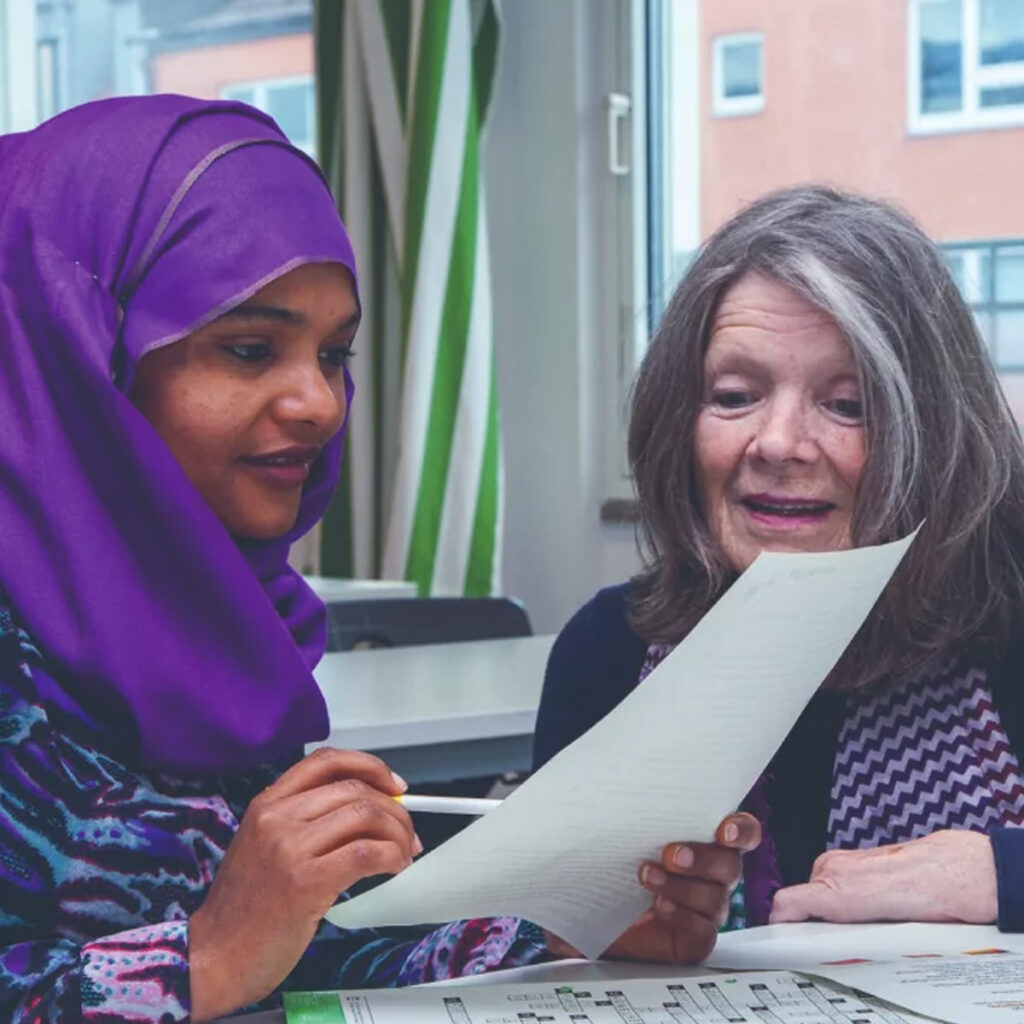
What is the SchlaU school?
The SchlaU school is run by the Trägerkreis Junge Flüchtlinge e.V. (Young Refugees Association) in Munich and cares for around 300 young refugees from their first steps at school to obtaining a certified school degree.
How do we support SchlaU school?
With our support, we enable refugees to obtain their secondary school certificate as part of the so-called “M-Zug” program and thus to pursue their individual educational prospects. In addition to financial support, we have initiated a mentoring program between students and Arvantis Group employees, in which the latter act as motivating companions on the way into professional life, for example by setting up job application trainings.
Why do we support SchlaU school?
For many unaccompanied minor refugees, it is difficult to be integrated or placed in the existing German public education programs. The opportunity to participate in education and society and to develop their own potential is thus limited. However, education is a human right and the key to sustainable development. That is why we have been supporting SchlaU since 2020 to ensure that young refugees in Germany can also exercise this right and receive better educational opportunities.
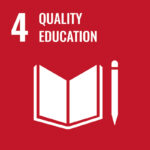
Among other things, our commitment makes a valuable contribution to achieving SDG 4.1, ensuring that all girls and boys complete free, equitable and quality primary and secondary education.
What’s next?
In the future, we plan to establish a long-term mentoring program that begins as soon as a refugee enters a class at the SchlaU school. The guidance by Arvantis Group employees takes place throughout their entire educational journey up to entry into professional life.
SOCIAL HOUSING | STEN
What is our social housing project in Berlin?
In 2020, the Arvantis Social Foundation gGmbH acquired an apartment building for a social housing project in Berlin-Moabit. Apartments that become vacant are made available to other nonprofit organizations as carrier apartments at socially acceptable rental prices in order to give people and families in need a home.
In addition to providing housing for people in challenging life situations, a nonprofit neighborhood meeting place was opened in December 2021. In cooperation with Moabiter Ratschlag e.V., the social café on the ground floor serves as a meeting place for the neighborhood as well as a place for (social) counseling for people in challenging life situations.
Why do we support social housing?
We want to provide affordable housing for people and families in need, such as refugees, single parents in financial distress or youth housing groups. This should promote the integration of people in challenging life situations and contribute to social cohesion.
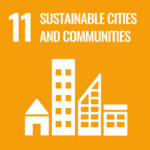
What’s next?
Housing for people in challenging life situations will remain a socially relevant issue in the future. We are therefore continuously working on creating further opportunities and expanding our existing project. To this end, we are always on the lookout for interested partners with whom we can further advance this project.
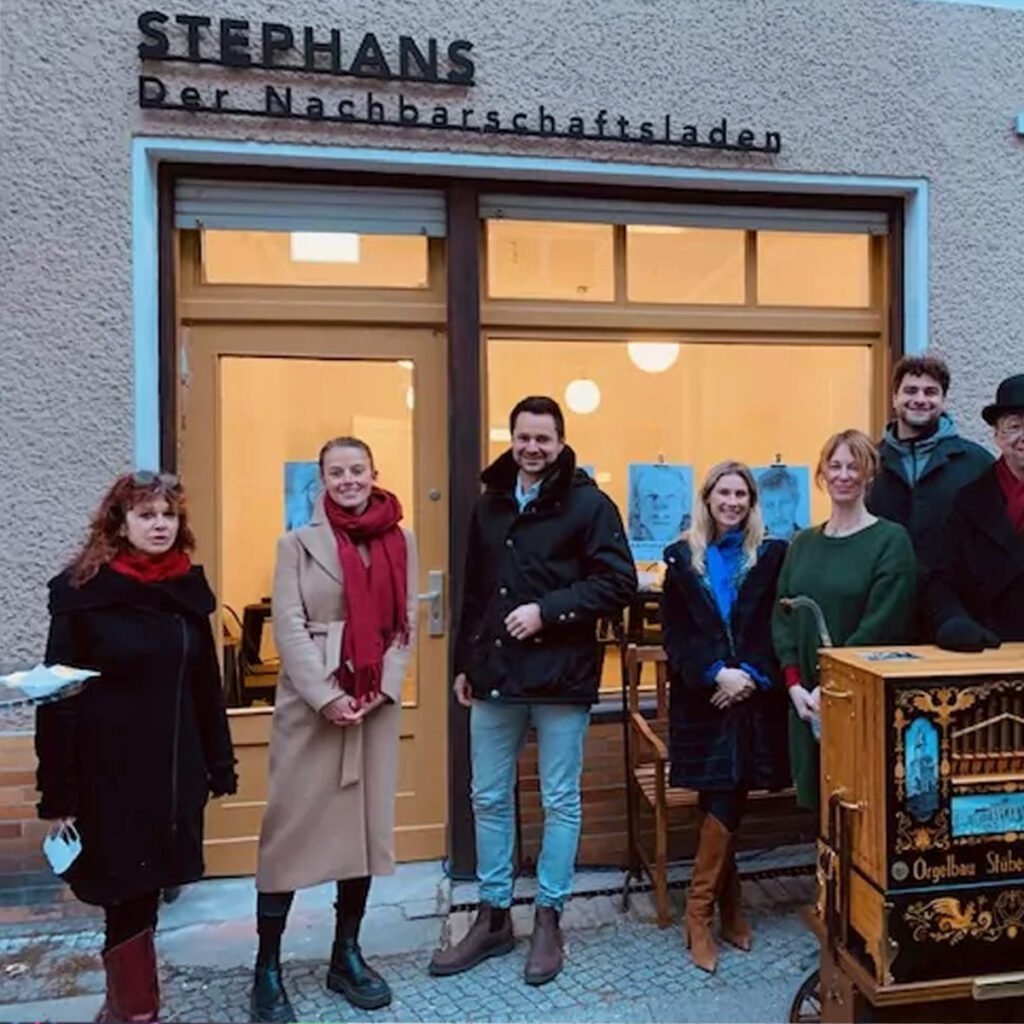
EDUCATION | ARVANTIS PRIMARY SCHOOL SCHOLARSHIP
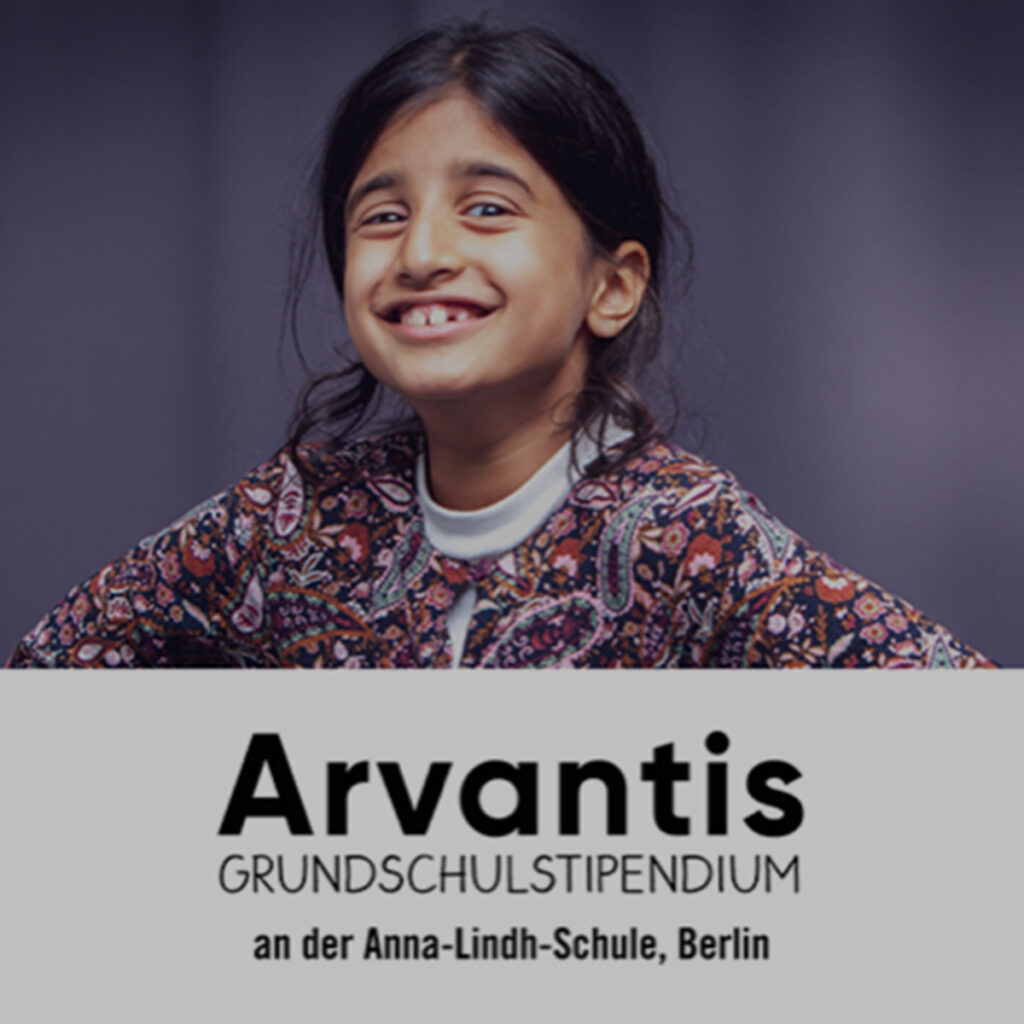
What is the ‘Arvantis Grundschulstipendium’ (primary school scholarship)?
Together with the Roland Berger Foundation, we support talented primary school students with difficult starting conditions. Since 2022, selected students at the Anna-Lindh-School in Berlin have received individual development plans and are supported according to the model of Roland Berger’s ‘Deutsches Schülerstipendium’ (German student scholarship). In addition to educational services, the children are supported by volunteer mentors who act as trusted advisors in their personal and academic development.
Why do we support the primary school scholarship?
In Germany, children’s educational path – and thus their later life – is still strongly dependent on their social background. On average, children from non-academic households have a lower chance of achieving a good high-school diploma. If parents do not support their children, schools do not compensate for this deficit.
We want to work towards greater equality of opportunity in Germany. With our commitment, we want to make educational success more independent of the family background and more dependent on talent.

Our project makes a valuable contribution to achieving SDG 4.1, ensuring that girls and boys complete free, equitable and quality primary and secondary education leading to relevant and effective learning outcomes.
What’s next?
We want to expand our scholarship efforts and plan to support talented students for their studies as well.
EDUCATION | Climate Heroes Award
What is the Climate Heroes Award?
Launched in 2021, the student competition targets all students from Munich schools and 7th grade onwards. The aim is to identify an existing climate change-related problem and to develop an innovative solution. The idea has to be submitted in form of a video. The best three ideas will be invited to the finals, where a jury will award prize money for school-related sustainability projects of up to €10,000.
Why do we promote a student competition?
Above all, it is young people and future generations whose lives will be massively affected by the climate crisis. Many young people are already calling for radical action and rethinking. But to limit the global rise in temperature and shape the transformation, new, innovative ideas are needed.
Therefore, we want to give the young generation a voice and create incentives for them to tackle the climate crisis. We encourage them to develop their own approaches to solving climate change-related problems and thus empower them to contribute and actively (co-)shape the change.

Our project contributes to SDG 4.7, ensuring all students acquire knowledge and skills needed to promote sustainable development, including through education for sustainable development and sustainable lifestyles.
What’s next?
After the award is before the award: The award ceremony in June is also the starting point for preparations for the coming school year. As soon as the theme has been decided, we will publish a competition folder and look forward to receiving many more innovative ideas.
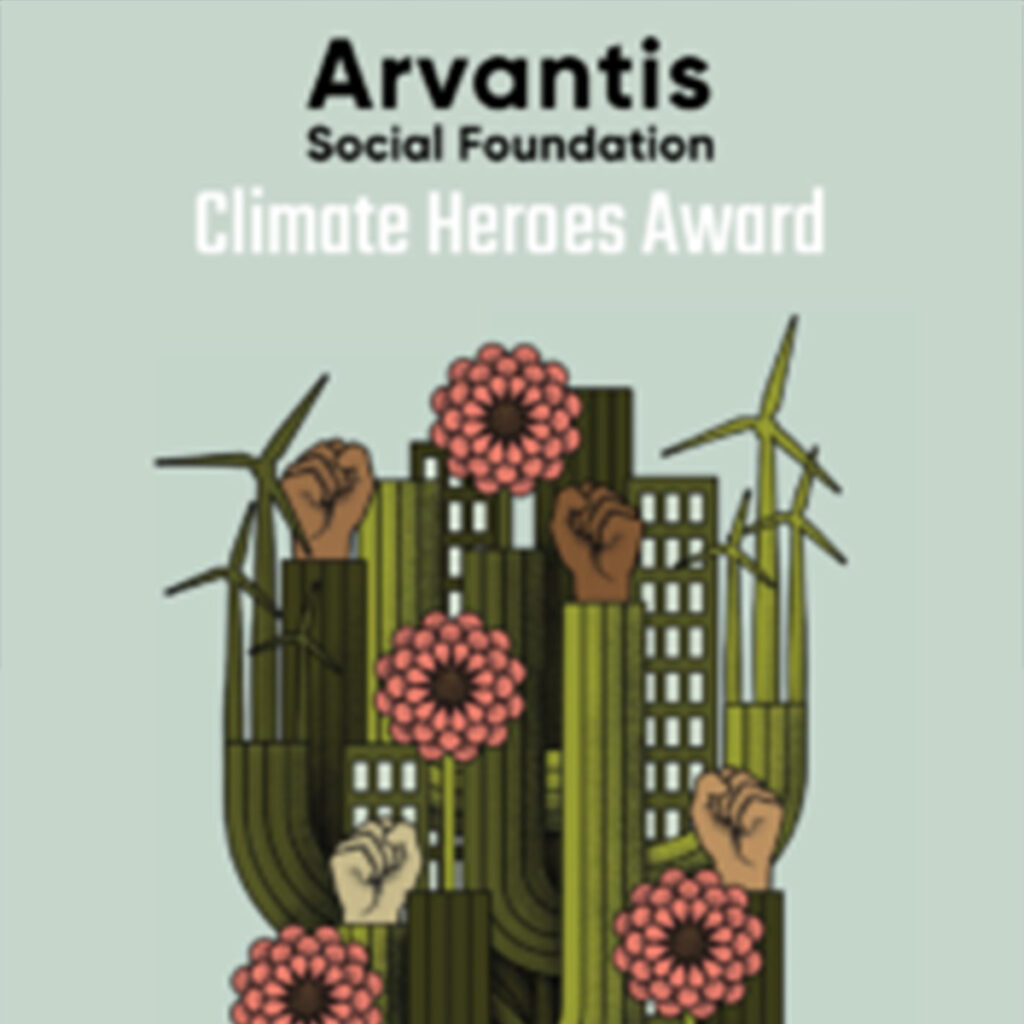
EDUCATION | Elisabethstift
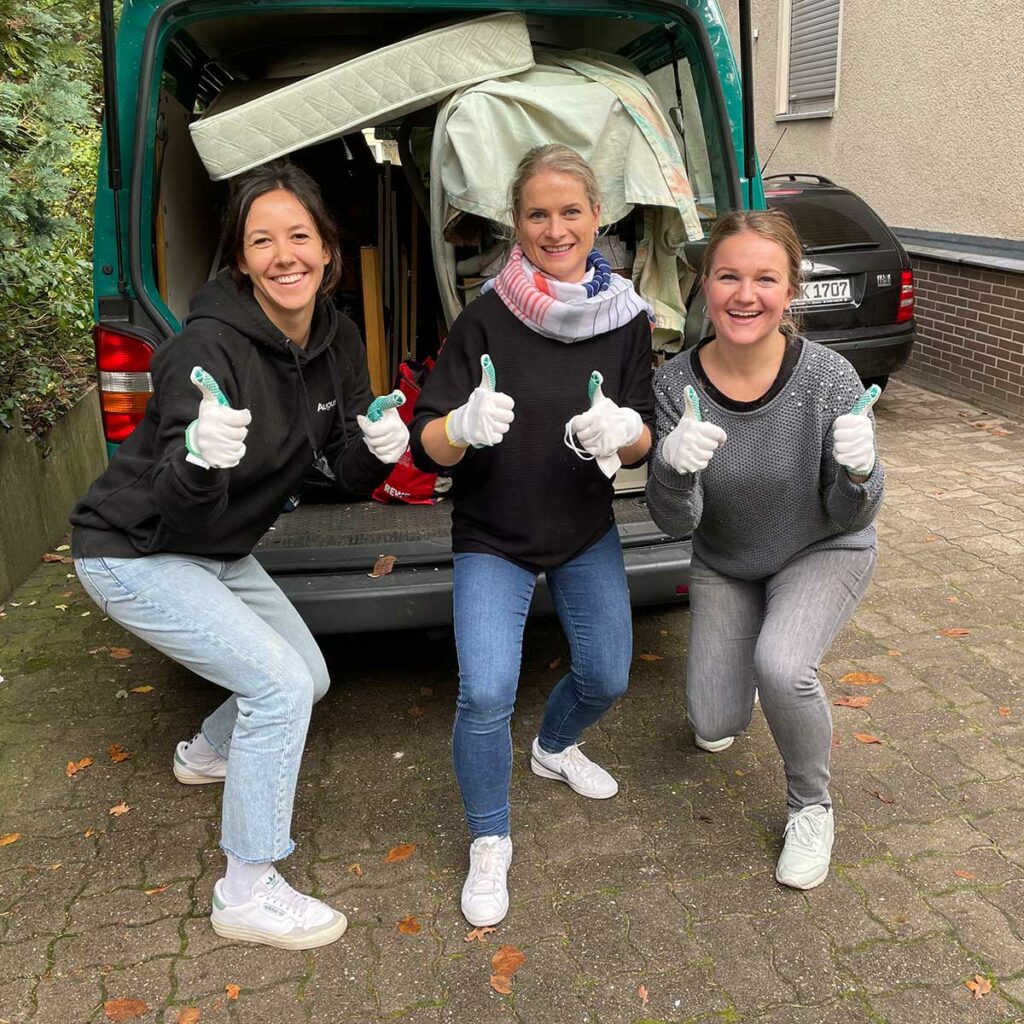
What is the Elisabethstift?
Originally founded as a children’s home, Elisabethstift e.V. is now a multiprofessional children’s and youth welfare institution whose work goes beyond the classic work of an orphanage. The association is for example the operator of a school.
How do we support Elisabethstift?
Our commitment since 2020 has been diverse and demand-driven: Our employees lend a hand on site as part of so-called ‘Social Days’, or we provide IT equipment to promote children’s equitable access to education. In 2022, we collected in-kind donations from our employees to provide immediate support for orphans who had fled from Ukraine and were welcomed by Elisabethstift.
Why do we support the Elisabethstift?
In most cases, parents have custody of their children. However, for a wide variety of reasons, children may no longer be able or willing to stay at home.
We want to support young people in their individual and social development and help prevent or reduce disadvantages while preparing them for an independent life.
What’s next?
We want to continue our long-standing partnership with Elisabethstift in the future and support where our commitment is most needed. We look forward to contributing to the mission of Elisabethstift.
TECHNOLOGY | DOCTORS WITHOUT BORDERS
What are Doctors Without Borders?
Doctors Without Borders is the largest international aid organization providing emergency medical aid to people in crisis and conflict areas. It was founded in 1971 and is active in over 70 countries worldwide.
How do we support Doctors Without Borders?
We have been supporting Doctors Without Borders since 2020. In 2022, we organized a so-called ‘Mapathon’ for the first time. The mapathon is a virtual, company-wide event in which we convert satellite data into high-quality map material under the guidance of Doctors Without Borders. Armed with a mouse and laptop, Arvantis Group employees mapped images of buildings, roads, and villages from OpenStreetMap. This map material was subsequently verified and helps Doctors Without Borders and other aid organizations in crisis regions to intervene quickly and in a targeted manner. The mapathon is part of the Missing Maps project, which was launched in 2014 by the Red Cross and the Humanitarian OpenStreetMap team.
Why do we support Doctors Without Borders?
Worldwide there are millions of people in need who are dependent on medical assistance for their survival in crisis areas or after natural disasters. Without this support, their health or lives would be in danger.
In the future, the frequency and intensity of natural disasters will increase as a result of the climate crisis, resources will become scarcer, and conflicts become more complex. The need for humanitarian aid will remain and become even more urgent. We would therefore like to support Doctors Without Borders in providing aid to people in need and in addressing issues that often do not receive sufficient attention in the public eye.
What’s next?
We would like to further expand our long-standing partnership with Doctors Without Borders and provide support wherever we can help with our expertise or manpower.
